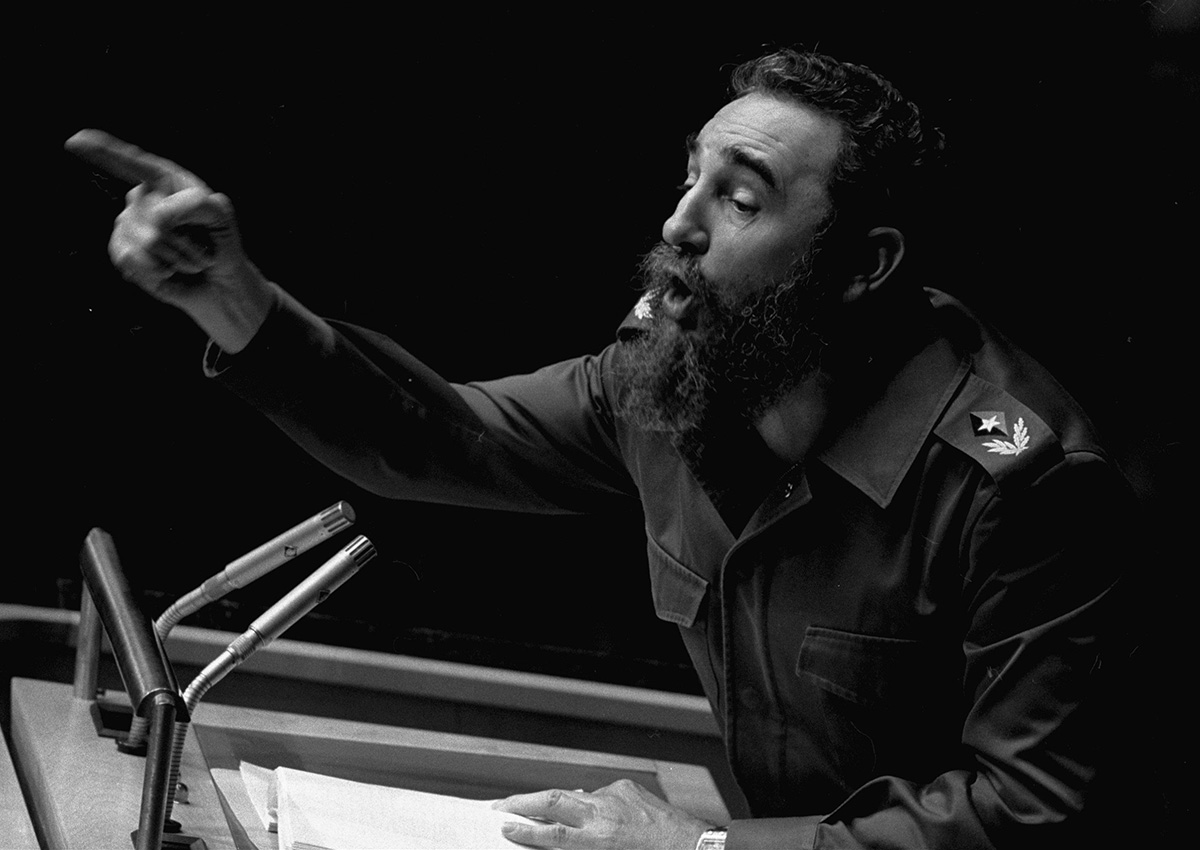Cuba‘s National Assembly approved a law on Tuesday that bans commemorative statues of Fidel Castro and naming public places after him, in accordance with the wishes of the revolutionary leader, who died last month.

Castro always said he did not want a cult of personality, although critics point out that the cult was everywhere. His words are posted on billboards nationwide and his name is invoked at every public event.
“His fighting spirit will remain in the conscience of all Cuban revolutionaries, today, tomorrow and always,” President Raul Castro, Fidel’s younger brother, told the Assembly, according to excerpts of his speech published by official media.
READ MORE: Fidel Castro laid to rest in the niche of a boulder to close 9 days of mourning
The best way to pay homage to “El Comandante” – the commander – is to follow his concept of revolution, the president said.
The new law does not ban artists from using Fidel Castro’s figure in music, literature, dance, cinema or other visual arts, official media specified. Photos of him hanging in offices, places of study or public institutions also may be kept.

Get breaking National news
WATCH: Fidel Castro’s ashes taken to cemetery as crowds bid final farewell

Every since his death, a large photo of a young Castro dressed in military fatigues, with a rifle and pack slung over his back, has hung from a building in Havana’s Revolution Square.
READ MORE: Family photo with Castro prompted threats
Castro, a leading Cold War figure who built a communist state on the doorstep of the United States and defied U.S. attempts to topple him, died on Nov. 25 at the age of 90, eight years after handing the presidency over to Raul.
Cuba commemorated his death with nine official days of mourning and two mass memorial services.
Hundreds of thousands of Cubans also turned out to greet a funeral cortege carrying Castro’s ashes 600 miles (1,000 km) east to Santiago, retracing the route that his rebels took when they overthrew the U.S.-backed Fulgencio Batista in 1959.







Comments